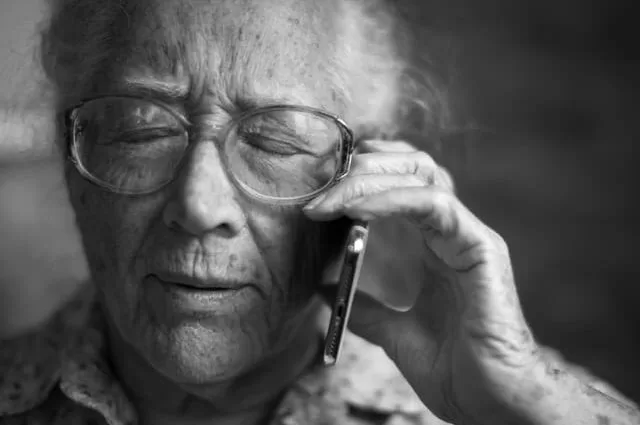Hearing loss is like an overbearing in-law; it is unwelcome and can be difficult to deal with. About one in five Lake Charles residents has a hearing impairment, but many aren’t even aware of their problem. Hearing loss usually comes on gradually, making it difficult to notice. The sooner you seek treatment, the better your long-term prognosis will be, so learning to spot the signs of hearing loss is crucial.
How to Tell When Your Hearing is Diminished
48 million Americans experience hearing loss, making it the third most common physical condition in the U.S. Because it develops gradually, changes to your hearing are often so subtle you don’t even notice them. Your brain even helps fill in the gaps during missing pieces of conversation; this sounds great in theory, but doing so requires extra cognitive resources that are “borrowed” from other areas such as memory and concentration. People with hearing loss have an increased risk of developing a number of psychological, social and physical side effects, a list that includes isolation, depression and dementia.
Early detection s is the most effective way of preventing or delaying these complications, but only a trained audiologist in Lake Charles can diagnose you with certainty. There are some important signs to watch for on your own, however.
These may all indicate that you are suffering from a hearing impairment.
What is the most common reasons for skipping treatment?
In most cases of hearing loss, high-pitched frequencies are the first affected. This can make it difficult to understand consonants such as S, F, Th, Sh, V, K and P. If you have trouble distinguishing between words like “cat” and “hat,” you may be misunderstanding key parts of conversation (and will have a heck of a time reading Dr. Seuss books). Many people with high-frequency hearing loss mistakenly believe that others are mumbling, but it’s unlikely that everybody else has suddenly forgotten how to enunciate clearly.
You no longer notice common sounds.
If everyday noises like chirping birds and crickets seem to have disappeared, you don’t notice things like ticking clocks or blinking turn signals and find it difficult to understand women and children, you may be experiencing hearing loss. Higher-pitched sounds and voices register at frequencies around 2,000 Hz or higher, so an inability to hear these sounds is another early indication of hearing loss.
Following conversations in crowded settings is difficult.
It can be very difficult, even in the best of circumstances, to distinguish speech in noisy environments. This is especially troubling for people with high-frequency hearing loss; many end up skipping social outings because the strain involved in listening and concentrating is physically and mentally exhausting—a condition known as listening fatigue. The brain must work harder to overcome hearing deficits, a process that takes its toll. As a result, many people with hearing loss end up isolated from others, which can lead to loneliness and depression.
You experience a ringing in your ears.
An estimated 50 million Americans suffer from tinnitus, a ringing in the ears. When the hair cells in the cochlea that are responsible for transmitting electrical signals to the brain for interpretation as sound become damaged, experts believe your brain’s attempt to fill in the missing frequencies results in a ringing (or similar) sound in the ears. There is a lot of overlap between tinnitus and both age-related and noise-induced hearing loss, so if you have one, you may very well have the other.
Nine out of 10 people with hearing loss experience damage to the inner ear. This is known as sensorineural hearing loss, or nerve damage, and can be caused by a number of factors including age, noise, disease, genetics and certain medications. There is no cure for sensorineural hearing loss, but most patients will benefit from hearing aids, which help by amplifying the high frequencies you are missing. Those with profound hearing loss or deafness may be candidates for cochlear implants.
Regardless of whether or not you are experiencing any of the above signs, your Lake Charles audiologist recommends making hearing health a regular part of your medical regimen. Annual hearing examinations are your first line of defense in detecting, and treating, hearing problems and avoiding the long-term complications associated with hearing loss.

